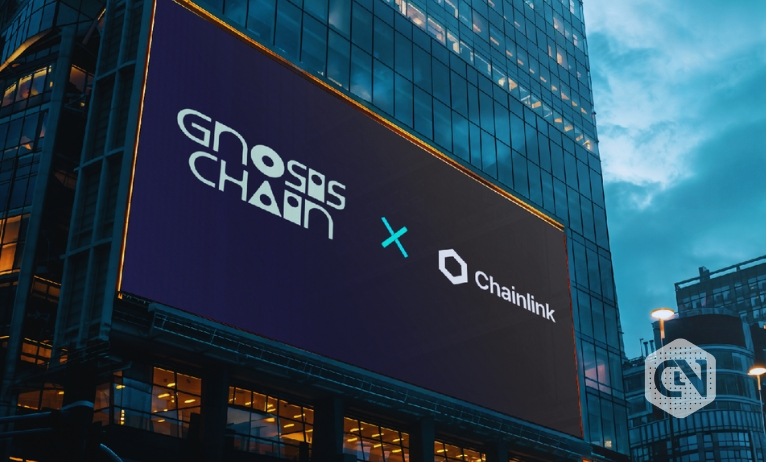Chainlink CCIP, a benchmark for blockchain interoperability services, will offer builders on Gnosis safe and user-friendly connectivity for creating applications with various facilities. These include the exchanging of messages, as well as the shifting of tokens and facilitating activities throughout multiple blockchain networks. The protocol has the support of Chainlin’s oracle framework, which has been responsible for carrying out large volumes of on-chain transactions.
Chainlink automation is a safe and dependable automation solution targeting Web3 builders. It provides an array of activators introducing fresh methods for linking applications on-chain. Via its authenticable compute, the builders on Gnosis can transfer compute related activities to the Chainlink network.
According to the Head of Infrastructure at Gnosis, Philippe Schommers, the connection with Chainlink CCIP and automation on Gnosis will benefit the company. By providing the builders with a Gnosis cross-chain link and authenticable compute, it will be possible for them to create strong applications that can address real-time use cases.
In the words of the Head of Blockchain Partnerships at Chainlink Labs, Thodoris Karakostas, builders will gain connectivity with blockchain interoperability and authenticable computing under the present circumstances. Dependable and decentralized Chainlink solutions now exist on the Gnosis chain, through which builders will be provided with the required framework for creating futuristic applications.
When it comes to decentralised computing solutions that support the authenticated web, Chainlink is the standard. Large volumes of transactions have been handled by it, and it provides real-time data connectivity, safe cross-chain interoperability across all blockchains, and off-chain processing to financial institutions, entrepreneurs, and builders.
In the case of Gnosis, it has been created by experts about blockchain and payment methods. The Gnosis chain has been designed by the community and harnessed by more than 200,000 validators and 2,000 nodes throughout 70 countries.


